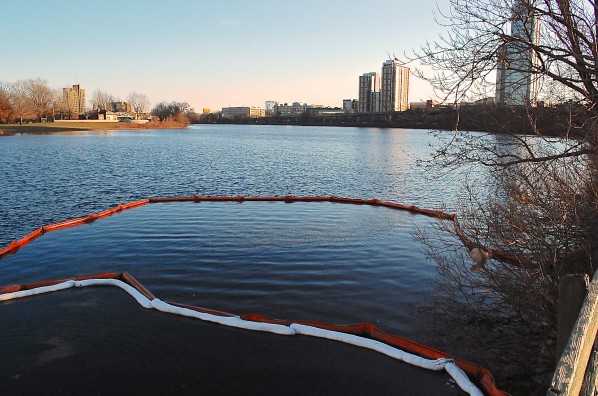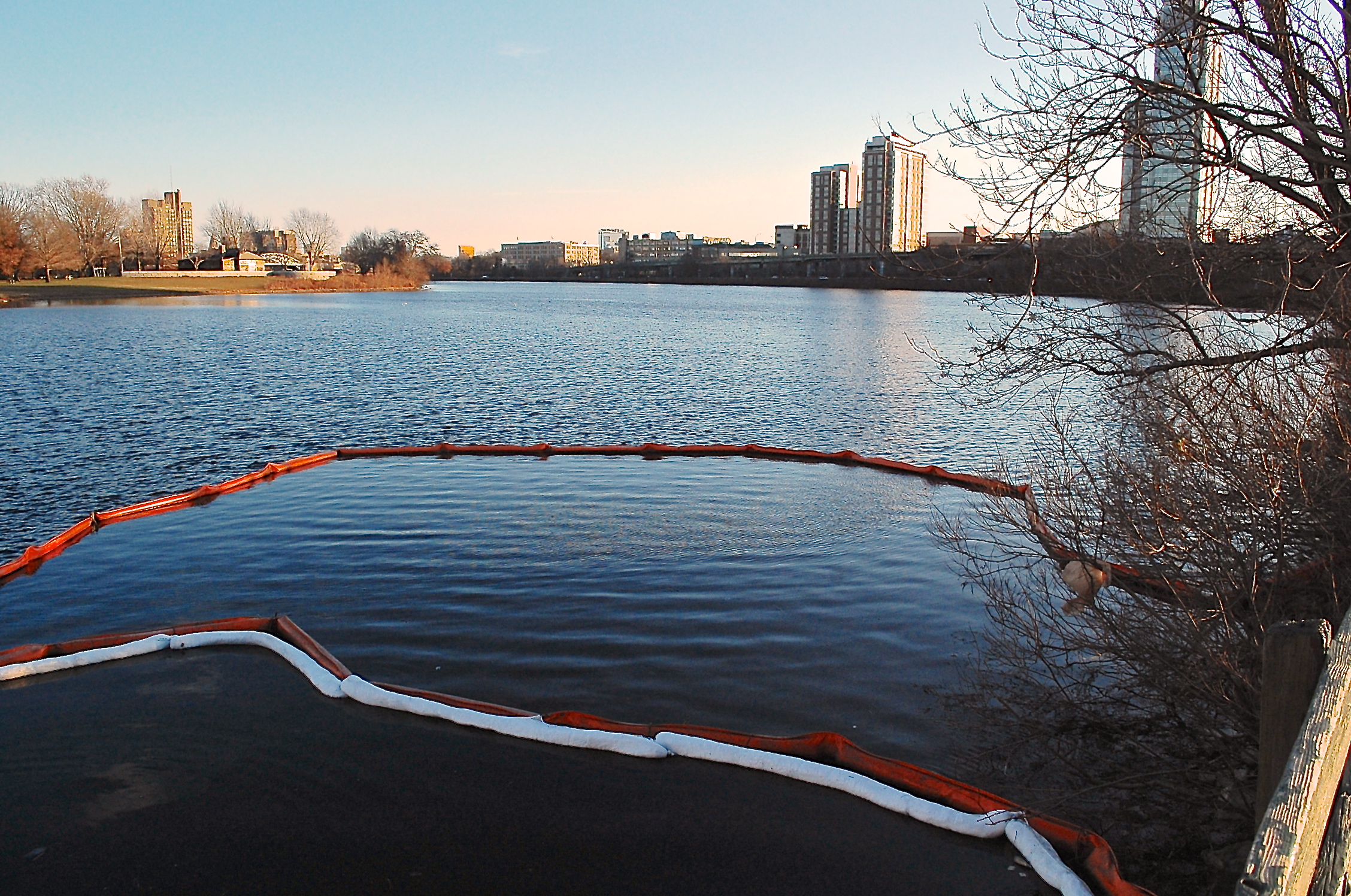
Right now, I am very college. I am at the end of taking Intro to Environmental Science, where I got a taste of the situation our world is in.
From that experience, I’ve learned the basics of how the environment works and why it’s important. It also prompted me to feed what has always been a curiosity toward the subject.
After exploring that curiosity while keeping in mind what I’ve been learning, I’ve run into what I believe is a fact, one that is only becoming truer. Climate change is an emergency and it needs to be dealt with urgently.
If you don’t want to take it from me, a punk college kid revved up after taking a class, then hear Wes Stephenson. He’s a former editor of the Atlantic and the Boston Globe, the former senior producer of NPR’s On Point and a contributor to the Globe and the New York Times. Back in the beginning of November, he wrote a cover article for the Phoenix in the form of a letter urging his “friends and colleagues of the mainstream media” to treat climate change like a crisis.
Stephenson thinks the most influential news outlets have not given the issue of climate change the attention it deserves. He believes central news sources should cover climate change as a crisis, devoting the kind of attention they did to the September 11 terrorist attacks and the 2008 financial crisis.
One of the success stories he points to is a popularized article in Rolling Stone by Bill McKibben entitled “Global Warming’s Terrifying New Math.” In that article, McKibben breaks climate change down to three numbers: two degrees Celsius, the amount the global average temperature can increase from preindustrial averages and still maintain a somewhat safe climate; 565 gigatons of CO2, the amount that can be added to the atmosphere and still be under the two degree mark; 2795 gigatons of CO2, the amount contained in fossil-fuel deposits, which, as of right now, there is no reason to believe will not be used.
However, Stephenson admits that many of the estimates of these thresholds do not account for the lagged effect rises in emissions could cause. Johan Rockström, a professor at Stockholm University who focuses on the resilience of ecological systems, identified nine ecological systems disrupted by human activities and the thresholds at which this disturbance could cause irreversible damage. An article about his research was published as a feature in Nature magazine in September 2009.
One of the ways Rockström and colleagues measured the threshold for CO2 emissions was by concentration in parts per million by volume. With the possibility of a lagged effect in mind, they determined the threshold was 350 parts per million by volume. The atmosphere’s current concentration is 387 p.p.m.v., meaning that it’s possible we have already caused irreversible climate change.
These irreversible climate changes are behind things like melting in the ice caps and rising sea levels. Although we cannot attribute current phenomena (this summer’s drought, hurricane Sandy) to these changes in climate because climate by definition is a long-term observation, more extreme weather conditions like those observed this year are one of the things scientists expected to see because of climate change.
Even though I may just be a vegetarian college kid whose knowledge of environmental issues is superficial at best, I’ve realized that climate change needs to be taken seriously, and I am not only one who thinks so.


If you’re interested in climate change and BU’s role in it, you should check out the “Divest BU” group on campus, based on Bill McKibben’s 350.org campaign.
https://www.facebook.com/DivestBU